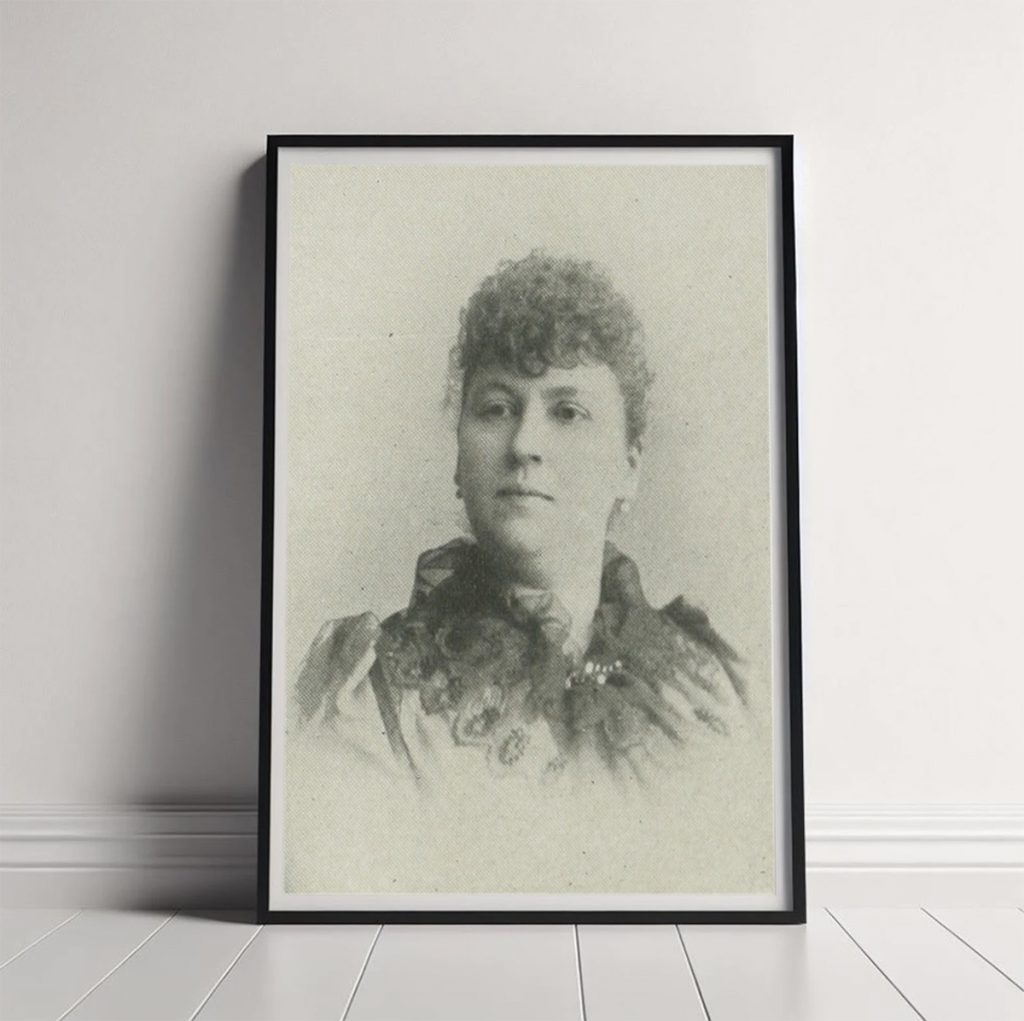
Emma May Alexander
Author
About Emma May Alexander
Emma May Alexander: Buffalo’s Literary Voice and Social Reformer
Born on January 6, 1853, in Buffalo, New York, Emma May Alexander grew to leave a lasting impression on both the literary and social reform landscapes of her time. Known by her pen name “Gale Forest,” she was a talented writer and tireless advocate for societal improvement. From her beginnings in Buffalo to her impactful years in Milwaukee, Alexander remains a symbol of intellect, creativity, and compassion.
Early Life in Buffalo
Emma May Alexander’s roots in Buffalo were steeped in a proud family history. Her father, Captain Squire Alexander, played a vital role during the Civil War as the captain of government service transports, including the dispatch boat Governor, which proved invaluable during naval operations. Her mother, Henrietta E. Sherman, was a relative of the famed General William Tecumseh Sherman, adding further historical weight to her lineage.
Raised in a family that valued service and determination, Emma grew up surrounded by a sense of purpose and commitment to the greater good. Although she moved to Milwaukee as a young child, her Buffalo upbringing provided her with the foundation for her industrious and empathetic character.
A Life of Literature and Reform
Taking the pen name “Gale Forest,” Emma May Alexander established herself as a writer of exceptional wit and thoughtfulness. Her literary work often combined humor and wisdom, earning her the nickname “Fanny Fern of the West” due to her style’s delightful blend of sharp observation and heartfelt prose.
One of her most celebrated works, Five Cousins in California, was a children’s book published in 1909 that showcased her ability to capture the imagination of readers while offering them a glimpse into the sunny landscapes of another world. Her prose sketches such as “A Forbidden Topic” exhibited her strong narrative skill and were included in collections like Brave Men and Women.
Emma’s writing extended beyond storytelling; she was deeply engaged with social reform. With a sharp eye for societal norms, she tackled issues like temperance, public etiquette, and gender roles. She was among the first in the “West” to challenge practices like wearing hats in theaters and the habit of spitting in public spaces. Her advocacy ultimately led to ordinances that improved public sanitation in cities like Milwaukee.
Her reform writings weren’t just good ideas— they were impactful. She addressed the practice of children carrying beer from saloons to homes, arguing passionately against this normalization of exposure to alcohol. Her article on the subject was even shared with Mark Twain, who supported her efforts and praised her courage in tackling such issues.
Milwaukee Years and Legacy
Alexander’s impact deepened once she settled in Milwaukee after her marriage to Robert C. Reinertsen, a prominent civil engineer, in 1871. Her focus on both literature and reform persisted as she contributed to notable publications like the Chicago Tribune, The Christian Union, and various Milwaukee newspapers. Emma viewed writing not as a pursuit for fame but as a means to incite thoughtful dialogue and spur meaningful change.
She also brought her literary talents into community organizations, aligning with groups like the Daughters of the American Revolution and the National Society United States Daughters of 1812. Her involvement cemented her status as a figure who not only recorded history but actively shaped it.
Yet, Emma always kept one eye on her family and home life. She believed in the importance of happiness and fulfillment in simple, everyday joys, and she often wrote about how this philosophy grounded her, even amidst her many achievements.
A Champion of Social Progress
Emma May Alexander Reinertsen passed away on March 22, 1920, in Wisconsin, having left behind a legacy of both literary and social contributions. She was a writer, a reformer, and a voice of her era—one unafraid to question societal norms and inspire change.
From the streets of Buffalo where she was born, to the drawing rooms of Milwaukee where she made her mark, Emma’s story is one of resilience, creativity, and purpose. Her efforts remind us that even in quieter works, great change is possible. For those interested in history, literature, or social reform, Emma May Alexander stands as a testament to the power of the written word and the courage to challenge the status quo.
Her pen name may have been “Gale Forest,” but the storm of her impact continues to echo through time.
